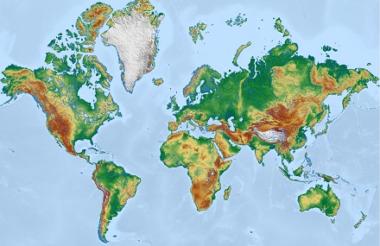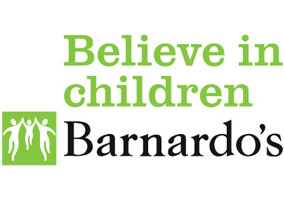Civil society organisations around the world responded in a “rapid and vital” way to the pandemic, but this was largely unacknowledged by governments, according to a report.
A global alliance for civil society organisations, Civicus, published Solidarity in the time of Covid-19 last week, which calls on charities in the UK and around the world to focus their efforts on helping society recover from the global coronavirus pandemic.
It also says that the skills learned by civil society as it reacted to the pandemic means it will be in a stronger position in the event of future emergencies.
Unacknowledged
Civicus says that the work done by civil society to fill gaps during the crisis has often gone unnoticed.
The report says: “While much attention has fallen on the actions of states, positive and negative, there has been far less acknowledgement of the vital role played by civil society.
“Even in difficult conditions of restricted civic space, there was a rapid and vital civil society response. Civil society met needs, defended rights and forged new paths for civic action. In country after country, a diverse range of civil society groups scrambled to meet the needs of communities most affected by the crisis.
“Often civil society stepped in where others failed to act, working to fill gaps left by states and businesses”.
The civil society reaction demonstrates “the existence of a treasure trove of experienced, skills and capacities that were applied and honed in pandemic response, and that can be drawn upon in responding to future emergencies”.
The UK response
Civicus draws attention to the work of two initiatives in the UK.
The report praises the international aid charity Doctors of the World, which has created audio and video translations of Covid-19 guidance in more than 60 language.
These translations were downloaded over 60,000 times by July, Civicus says, and help make up for the “limited range of languages” in which advice was originally provided.
It also thanks a coalition of grime and drill performers in the UK who used their platform to urge their mainly Black fans to follow Covid-19 safety measures, a group which is at “increased risk of both infection and police harassment”.
The report says that civil society all over the world has fulfilled a crucial role fighting back against disinformation and fake news spread by some governments.
Recommendations
The report calls on donors to be continue being flexible in the support they offer to civil society during coronavirus and other crises.
“This entails orienting greater direct support towards global south CSOs, particularly those closest to communities, and providing core support,” the report says. “There is also a need to make available rapid and flexible funding lines, foster scalable global south civil society support structures, remove barriers to civil society fundraising and provide non-financial as well as financial support.”
It also says that charities should try and influence governments to develop policies “in response to the pandemic and for postpandemic recovery that protect vulnerable and excluded groups, uphold democratic freedoms and advance social, economic and climate justice”.
No more 'business as usual'
Mandeep Tiwana, the chief programmes officer at Civicus, said: “Lessons need to be learnt from how governments managed the first wave of Covid-19.
“As many countries prepare for the second wave, one thing is clear: in all future responses states should recognise the value of civil society, and work to enable and partner with it. Doing so will lead to more joined-up and effective responses that respect rights.”
He added: “The hard lessons must be learned from the mistakes made under the Covid-19 pandemic to equip the world for the next series of challenges to come. We cannot go back to business as usual.”
Related articles











